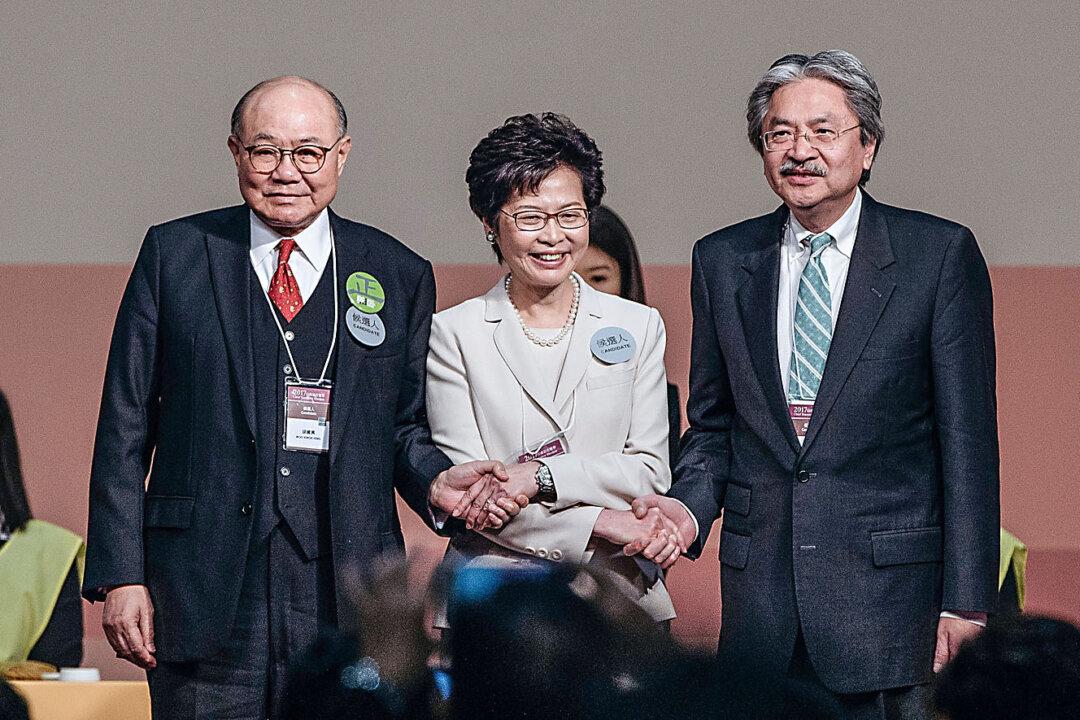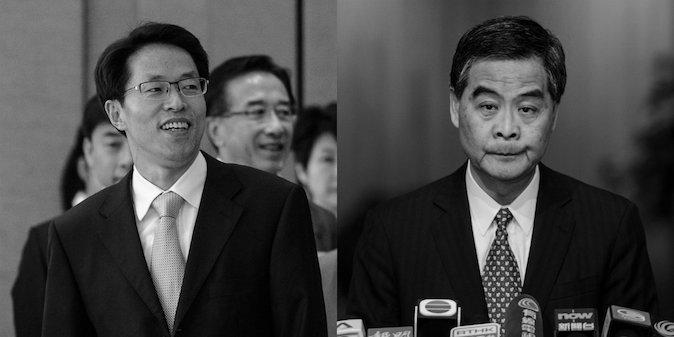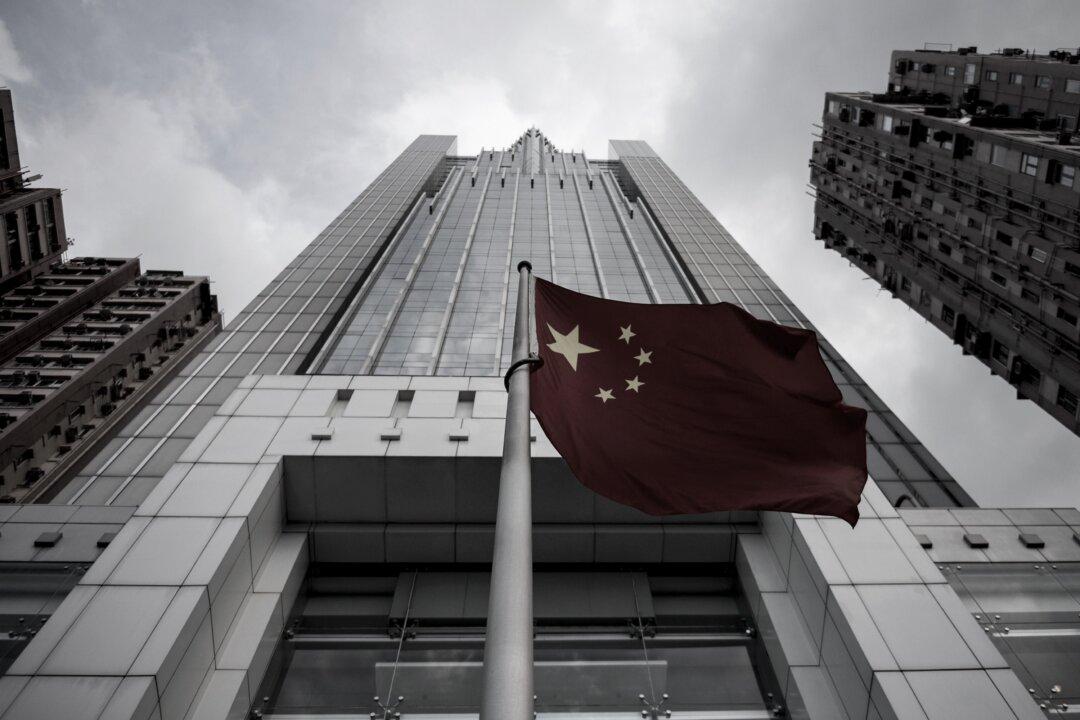HONG KONG—Xiao Jianhua, the Chinese billionaire who recently went missing from his luxury apartment in Hong Kong, is currently assisting the top Chinese leadership with corruption investigations in Beijing, according a source familiar with the matter.
A source in Zhongnanhai, the Beijing headquarters of the Chinese leadership, with authoritative information on high-level discussions, told Epoch Times recently that Xiao’s investigation is a “top priority” in Zhongnanhai at the moment. The source also confirmed that Xiao shared ties with Zeng Qinghong, the former Chinese regime vice chairman and chief political enabler of former Chinese leader Jiang Zemin.




